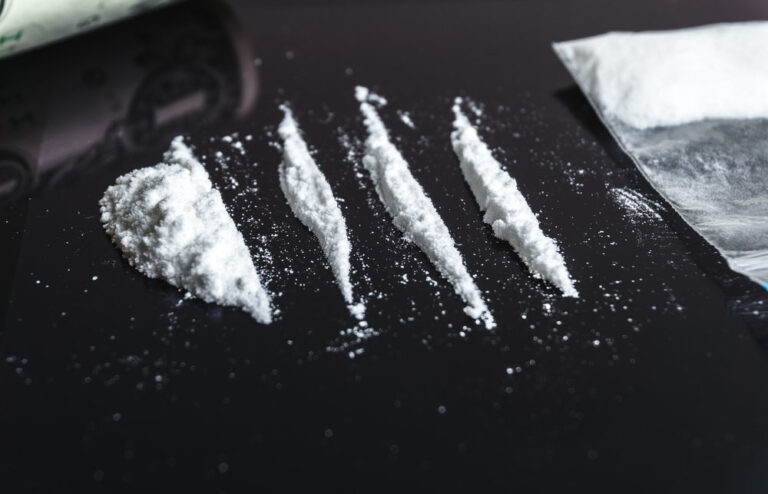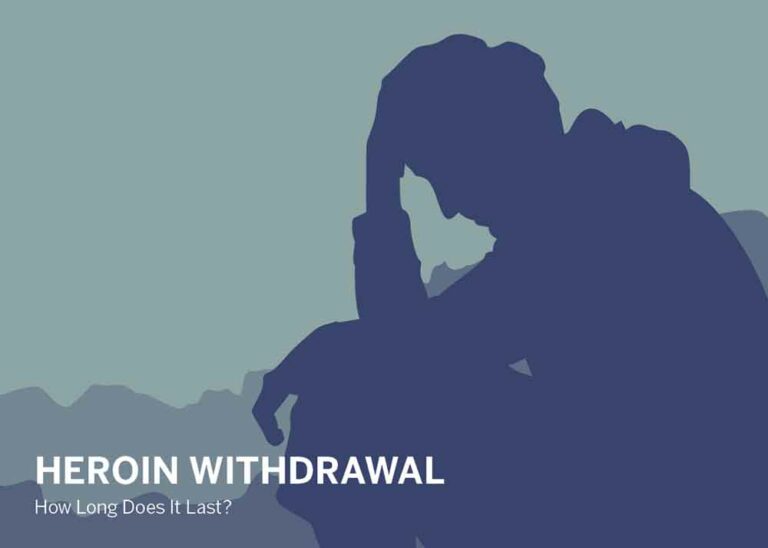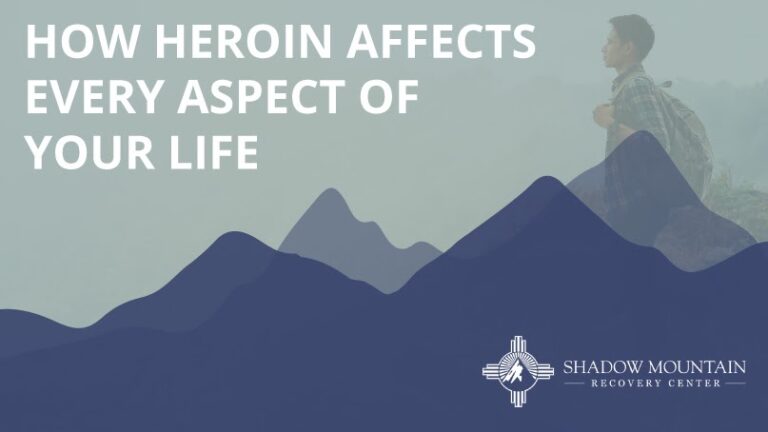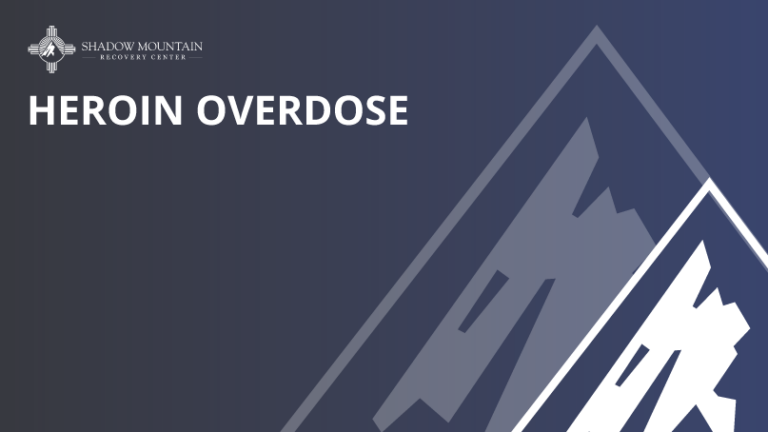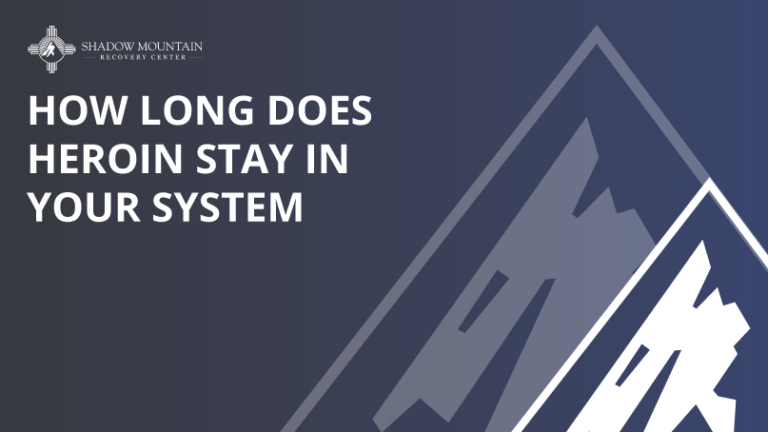Heroin: Why It’s So Addictive and How You Can Help a Heroin Addict

More than likely, you have read or heard stories about people getting addicted, but you may be curious as to why this particular drug is so addictive. Heroin is considered at the top of its “class”. In fact, it is considered among the most addictive of all available drugs. The name itself means “heroic, strong” in German. Some may think that a powdery substance shouldn’t be given so much credit; however, the reality is that heroin is so addictive that recreational use can cause an individual to become hooked on it. Believe it or not, addiction can occur after a single use of heroin. In addition, the risk of overdose is extremely high—there were nearly four times as many heroin-related deaths in 2013 as there were in 2002.
If you or someone you know has been using heroin, you may be interested in how you can help him or her overcome the addiction. First things first, you need to understand how powerful this drug is and how heroin affects the body. It also helps to do research about the help that is available around you, as it is possible to eliminate your addiction if you know where to seek treatment.
How Does the Brain Function?
In order to understand how addiction occurs, you should take a look at how the brain affects your life. The brain is essentially your main control tower, with signals going to and from other parts of the body. Ultimately, you are alive because of your brain!
Recent research has given more insight into just how the brain functions. Feelings tend to influence the choices that you make, but do you know why you feel the way that you do? It’s because of your brain—it makes chemicals that essentially control the way you feel. Pain and pleasure are two of the major types of feelings, and a healthy brain has the ability to ensure that these two feelings remain properly in balance so that you can be happy and survive.
In the brain, there is an area known as the nucleus accumbens that is considered the central control for creating and sending certain chemicals, specifically serotonin and dopamine. These chemicals are known as the feel-satisfied and feel-good chemicals. Without an adequate supply of these two chemicals, you would be unable to feel pain and pleasure. Seratonin helps you feel happy and calms you down, while dopamine helps to dull pain.
A person’s thoughts influence the way their brains respond. For example, say you are looking a menu with desserts on it and considering what you may order. Your brain’s chemical reaction will automatically begin processing for you to feel satisfied and feel pleasure. This same sort of response occurs when you get injured. Signals are sent by the brain to dull the pain, which allows you to appropriately respond to the trauma that has occurred. Naturally produced feelings are in proportion to the moment’s intensity.
Heroin: What Exactly Is It? Why Is It So Incredibly Addictive?
Heroin comes from morphine, which comes from the poppy plant. Heroin is considered an opioid drug, and it comes in a number of forms. Though it is most commonly recognized and known as a white powder, heroin can come as a brown powder or even as a sticky substance that is dark in color—often known as black tar heroin.
As a general rule, heroin is injected or snorted. As a result, it reaches the brain quicker than other drugs that are swallowed. The chemicals found within the drug attach to brain cells and create a euphoric feeling, which is pleasurable to the drug user who will then use the drug again in order to replicate that same euphoric sensation.
Actions and thoughts tend to trigger the brain to jump into action and respond. This can happen with drugs like heroin as well, though the surge of chemicals that the drugs stimulate tends to be far more intense. The response to drugs like heroin is longer-lasting and faster. Eventually, the brain wears down due to the fact that the brain is working faster and harder than it possibly can—it can’t keep up. Due to the over-stimulation, the brain slows down and it is unable to produce the chemicals that create those sensations of pleasure and happiness. Instead, the brain becomes dependent on heroin in order to create that chemical reaction. Of course, the brain shouldn’t be to blame—after all, it’s just a brain; it simply learns to let the drug win.
The reason heroin is so addictive is because it essentially takes the brain over, and it can take some time for the brain to recover. It isn’t easy to quit heroin, though it can be done. However, quitting heroin can be risky, if the person is not supervised by a medical professional.
Mixing Heroin with Other Drugs Increases the Addiction to Heroin
More often than not, heroin is not a drug that is used alone. In fact, it is used in a combination of drugs for an addict to get “high”. In some cases, heroin is mixed with other substances when it is originally made. Heroin dealers will do this in order to make their heroin supply last longer and to make more cash. Of course, some people will mix heroin with other drugs simply for an enhanced experience.
As the body begins to build a tolerance to the drug, the user needs more heroin to get the same high that they are seeking. In order to get that high, they may turn to other drugs. You see, heroin will depress the body’s central nervous system, so heroin users may seek out other drugs that will have the same effect on their bodies. Many will turn to depressants like OxyContin or Fentanyl, which are also painkillers, and will help them relax. Once these two drugs are combined, the user may experience shallow breathing and a slower heart rate. This puts the user at risk of a coma and potentially even death.
There are some heroin users that will mix the heroin with meth, which is a stimulant. While heroin relaxes the central nervous system, meth excites it. Together, these two substances will mask the symptoms of one another. Unfortunately, this can quickly lead to an overdose because it takes more of the drugs to get high without you realizing that you have consumed too much of the drugs. Like meth, cocaine is another stimulant that is often mixed with heroin. When heroin and cocaine come together, people call it a speedball.
If you or someone you know have been mixing heroin with another drug, it is important that you become familiar with the risks of doing so. Not only does it increase the probability of becoming addicted to heroin, but it can result in a number of serious health issues as well as death.
Can a User’s Heroin Addiction Be Cured?
Because we have talked so much about how addictive heroin is, you are probably curious about whether or not there is a cure for the addiction. Well, the technical answer is “no,” but at the same time, it isn’t as simple as that. Addiction isn’t something that can just be cured, but it is something that can be successfully managed. In fact, there are numerous options that have been created and developed to help with the management of heroin and other opioid addictions.
Detox Is Crucial
Before anything else can be done, your system must be thoroughly cleansed of the drug. This process is known as detoxing, and it involves halting all use of the drug and allowing your system to get back to “normal”.
Due to the fact that your brain no longer produces its own happiness and pleasure chemicals, it fully relies on the drug for those chemicals. When that drug is not in the system, the body will experience withdrawal symptoms. These symptoms will be experienced throughout the detoxing process until the body learns to function at a normal pace again. If you decide to go through the heroin detox process at a drug treatment center, then you will have some assistance with the process and the withdrawal symptoms—it isn’t something you will have to do alone.
In fact, you may receive medications to ease the withdrawal symptoms. Some of the medicines that you may receive are opioids that will mimic the euphoric sensations that you received from the heroin, though they are far less intense. This medication will trick your brain so that it thinks that you are still on the drug and won’t go into withdrawal. The dosage of this medication will be reduced steadily until it is no longer necessary.
Due to the fact that the withdrawal symptoms are so incredibly intense for heroin addicts, they often won’t seek the help that they need. However, with heroin detox, users aren’t quite as afraid of the process. Withdrawal from heroin isn’t easy because it is similar to having an incredibly bad flu with depression, irritability, anxiety, and paranoia—so it is no wonder why heroin addicts want to avoid it.
Drug Rehab for Addicts of Heroin
Once an addict has successfully completed the detoxification process, he or she will feel a lot better. The brain much clearer, and you will feel more energized. Of course, it will take a little while for things to get back to normal, especially if you have been on the drug for a while. There will be some damage that could be permanent, but the good news is that you are on the right path—which is towards a healthier, better version of yourself.
The next step will be drug rehab. Here, you will learn about the addiction itself and what caused you to begin using in the first place. This is a very important step in your recovery because it will help you avoid taking the same path in the future. Plus, these things need to be addressed so that you can actually deal with your addiction.
Many addicts of heroin are prescribed various medications throughout their treatment program to help prevent the risk of relapse. These medications essentially block the effects of heroin so that users are unable to feel the euphoric sensation even if they break down and use. In some cases, they may get sick if they attempt to use. It is important to note that there is a potential risk of a secondary addiction due to the fact that some of these medications that are given during treatment are somewhat similar to heroin.
An alternative approach throughout addiction treatment is known as the holistic method. This process involves a focus on nutrition and exercise as well as treating the person as a whole emotionally through individual and family therapy. The holistic method involves socially and physically active programs like hiking and yoga in addition to community involvement activities like volunteering. The thought process with this is that when you treat the individual as a whole that they won’t require that artificial high that they get from the heroin. This will allow the individual to develop strength and self-confidence to stay away from heroin and manage various triggers and stresses in life in a positive manner.
Get Help for a Heroin Addiction
If you or someone you know has an addiction to heroin, it is imperative that you get help through a drug rehab treatment center. There are both inpatient and outpatient programs. An inpatient program will allow you to remain at the facility while you go through treatments and therapy. You won’t have to worry about any kind of negative factors or outside distractions; you can simply focus on getting better.
For some individuals, an outpatient program is the better (and possibly only) option. They may have a job or family that must be considered. An outpatient program will work around their schedule and still allow them to attend therapy regularly. For this type of program to work, though, one must be fully dedicate and committed and have a solid support system.
If you are ready to get help for your heroin addiction, visit Shadow Mountain Recovery. Our facility is both welcoming and comfortable. We will sit down with you, thoroughly assess your needs and design a customized plan specifically for you as an individual. If you are addicted to heroin, just know that it is possible to break free from that addiction and live a successful, normal life. Call Shadow Mountain Recovery to learn how to live a drug-free, sober life.


